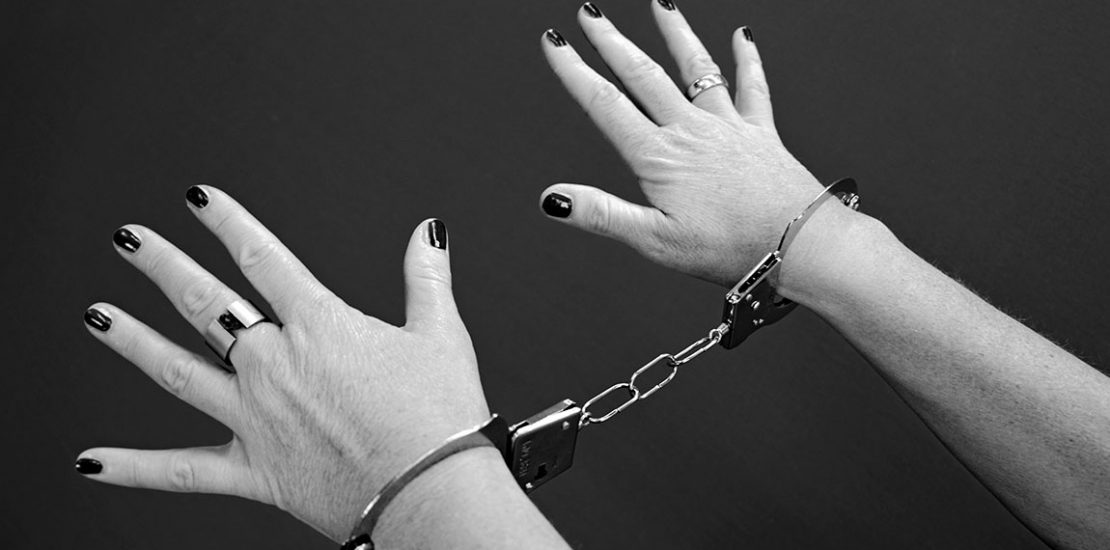Things you need to know about an unintentional murder
- August 5, 2018
- Posted by: Dex Thompson
- Categories: Lawyers, Legal Law, Legal Procedure

A lot of people does not know or question what will happen to a person if he suddenly kills someone without an intent to or killing someone because of self-defense. This is a very important knowledge for all of us, in this blog site we are changing the public’s eyes on how they see a serial killer and an absent-minded driver properly. Penalties and sentence are different from every state or every country but there is a guide which is called federal sentencing guidelines that tells the person will be put in jail for 10 to 16 months if they committed such crime.
There will be different penalties base on the judge’s decision on base on the case, it will also affect the case if the person has any criminal records in his pocket. So how can you determine if it is a voluntary or involuntary manslaughter a person has committed?

Voluntary manslaughter
Provocation, this is the most common case you can hear when someone kills after he is provoked, this is where a person loses control of himself and kills someone. Most cases are people provoked by other and having the intent to hurt them but most of them do not have the intent to kill but due to the heat of the moment most of them lose control of themselves and do things that they will surely regret after.
Self-defense, if you suddenly killed someone because it was self-defense make sure you are right, self-defense doesn’t mean you have to kill someone but if things are getting tight and you have no choice then it should be considered in the court but if the judges see that something is off you can still go to jail.
Intoxication, if you are under the influence of alcohol or drugs and having to kill a person you are most likely to be filed with manslaughter instead of murder. But it does not mean you do not have to be on jail, it just means that the case is lighter but if you will agree to go in in a rehab program and change your lifestyle this can give you a lesser time to stay in jail.
Involuntary manslaughter
Constructive manslaughter occurs when a person unintentionally kills someone while committing a non-violent crime, such as theft. For instance, if you are robbing someone and they fight back, leading to their death during the struggle, this is considered constructive manslaughter. This charge is generally viewed as less severe than voluntary manslaughter.
Another example is driving under the influence and accidentally causing someone’s death. Even if you did not intend to kill anyone, you could still face legal consequences for your actions, with the primary charge being driving while intoxicated.
Negligent manslaughter is more complex and is typically considered the least severe of the categories. An example would be if someone dies because you failed to assist or warn them in a dangerous situation.
For more legal insights, visit How Marketing for Lawyers Can Help Your Firm and explore manslaughter definitions.

